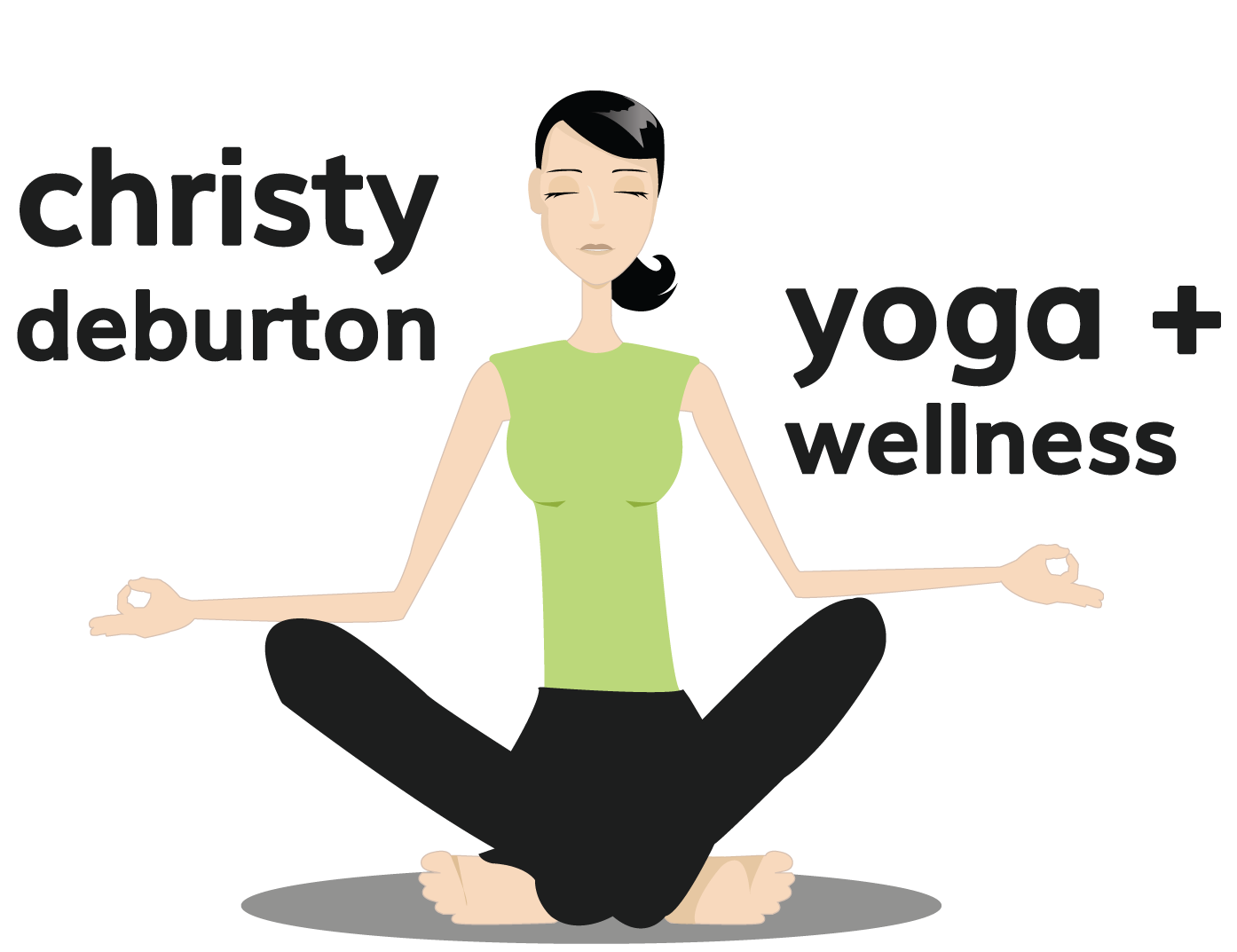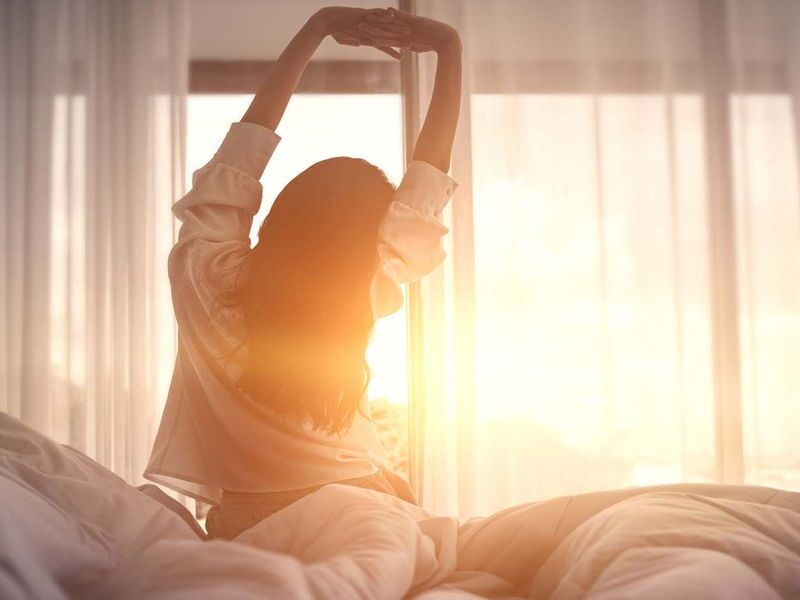How has your sleep been lately? If it could be better, you’ll want to read this blog post. It’s full of some of the most interesting research I gathered from the book, Why We Sleep, by Matthew Walker, which was recommended reading for Harvard Medical School’s Lifestyle Medicine + Wellness Coaching course that I completed earlier this year. (If the doctors at Harvard are recommending it, I figured it must be good!) I share some of the highlights here so that you don’t have to read the whole book but, if you’re curious to dive deeper into the research and citations, it’s my Summer Book Club Selection!
BLOOD SUGAR
Per Matthew Walker, inadequate sleep, even for just one week, disrupts blood sugar levels so profoundly that you would be classified as pre-diabetic. Sleep fine tunes the balance of insulin and circulating glucose. In a healthy individual, insulin will trigger the cells of your body to swiftly absorb glucose from the bloodstream if it increases, such as after a meal. Research shows that there are far higher rates of Type 2 Diabetes among individuals that reported sleeping less than 6 hours a night routinely. One study showed that ‘tired’ cells became far less receptive to insulin, resisting its message and actually repelling, rather than absorbing, glucose after 4-5 hours of sleep a night for a week.
IMMUNITY
Sleep restocks the armory of our immune system, preventing infection and warding off all manner of sickness.
GUT MICROBIOME
Plentiful sleep helps maintain a flourishing microbiome in your gut. When you don’t get enough sleep, the sympathetic nervous system (SNS) gets revved up and triggers an excess of circulating cortisol, which cultivates bad bacteria to fester throughout the microbiome. As a result, insufficient sleep will prevent the meaningful absorption of all food nutrients and cause GI problems.
MELATONIN
Melatonin regulates the timing of when sleep occurs, but has little influence on the generation of sleep itself. Since it provides the instruction to commence the event of sleep but doesn’t participate in the sleeping itself, it’s not a powerful sleeping aid. (However, the placebo affect is real.) Interestingly, your body temperature, which needs to decrease 2-3 degrees Fahrenheit to successfully initiate sleep, dictates melatonin levels (as does daylight).
NAPS
All humans have a genetically hardwired dip in alertness that happens in the midafternoon hours. We should all take a 30-60 minute siesta then!
AUTISM/NEURODIVERGENCE
Children with signs of or diagnosed with autism don’t have normal sleep patterns and amounts. Their circadian rhythms are also weaker, which means they have a flatter profile of melatonin across a 24-hour period rather than a powerful rise in concentration at night and rapid fall throughout the day. The total amount of sleep autistic children can generate is less than that of non-autistic. Also, autistic individuals show a 30-50% deficit in the amount of REM sleep they obtain relative to non-autistic.
NREM SLEEP
By your 40s, their is a 60-70% reduction in quality and quantity of deep NREM (non-rapid eye movement) sleep compared to that in your teens. By your 70s, it’s 80-90% less! Far more age-related physical and mental health ailments are related to sleep impairment than either we–or many doctors–realize. Research has been done that shows hot baths before bed help heat rise to the skin surface and dissipate so our core temperature decreases. This causes 10-15% more NREM sleep in healthy adults.
INJURIES AND PAIN
Chronic lack of sleep predicts a massively higher risk of injury in sports. The less sleep you’ve had, or the more fragmented your sleep, the more sensitive you are to pain of all kinds.
ALZHEIMERS
Sleep disturbance precedes the onset of Alzheimers by several years, suggesting it may be an early warning sign of the condition, or even a contributor to it. Amyloid protein, which is associated with Alzheimers, is evacuated by the glymphatic system during NREM sleep.
HEART CONDITIONS
One night of modest sleep reduction–even just 2 hours–will promptly speed up your heart rate and increase systolic blood pressure.
STRESS
For as long as a state of insufficient sleep lasts–and for some time thereafter–the body remains stuck in some degree of fight-or-flight (Sympathetic Nervous System) state, which increases cortisol.
HEALING
Growth hormone, a great healer of the body which normally surges at night, is shut off by sleep deprivation.
VACCINES
Vaccines are only effective if your body actually reacts to them by generating antibodies. Research has shown that 7-9 hours of sleep a night for 1 week before a vaccination gives you a powerful antibody reaction.
REM SLEEP
This is the only time during a 24-hour period when your brain is completely devoid of the anxiety-triggering stress chemical noradrenaline. We need to dream when we sleep!
INSOMNIA
Insomnia is caused by an overreactive SNS, which increases metabolic rate, core body temperature, cortisol, adrenaline, noradrenaline and heart rate.
ALCOHOL
Alcohol fragments sleep, meaning it ends up being not continuous, so it’s not restorative. Therefore, you feel exhausted the next day. Alcohol is also one of the most powerful suppressors of REM sleep known.
SLEEP MEDICATIONS
Research shows there is an increase in death while taking sleep medications. One frequent cause of mortality is higher than normal rates of infection. (See Immune System above.)
DIET
There is some evidence that diets that are greater than 70% carbs, especially sugar, are harder on sleep.
If you want to improve your sleep, check out these blog posts:


 The Power of Routine
The Power of Routine